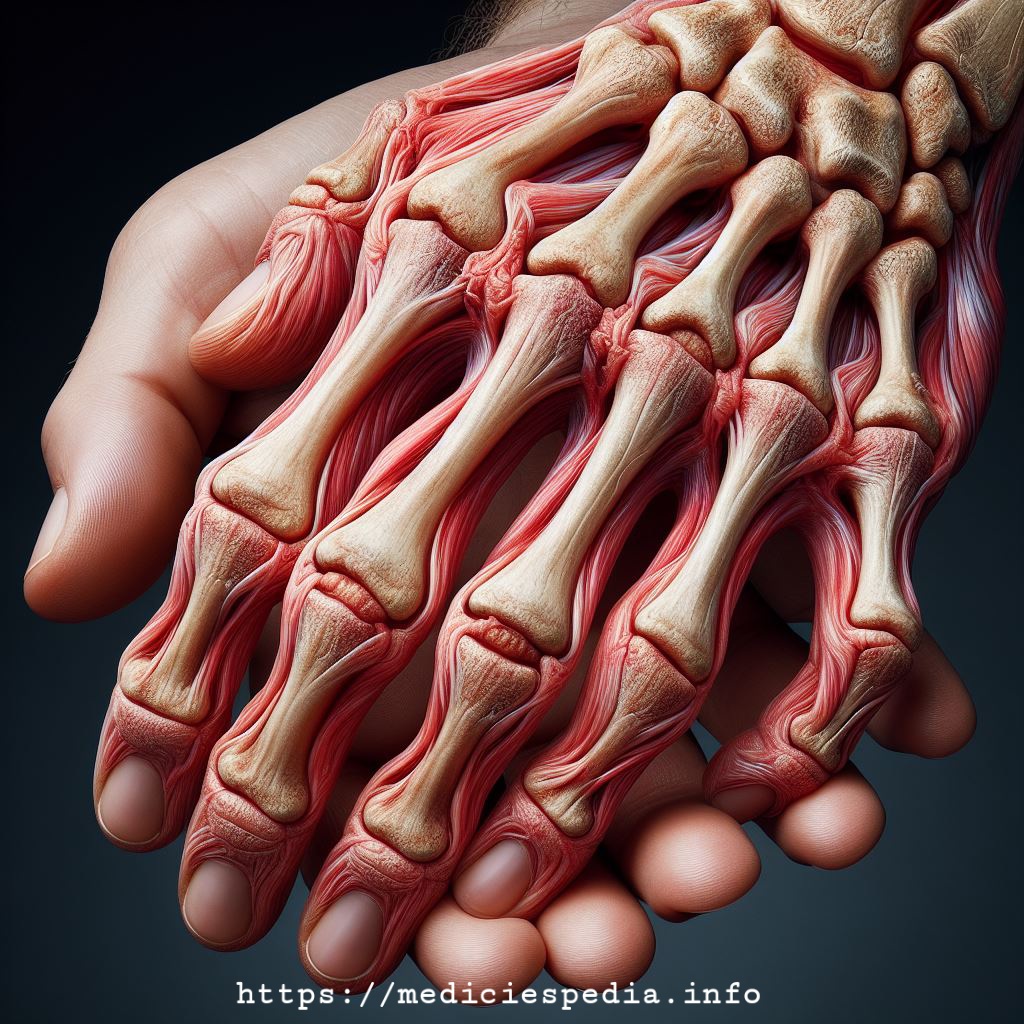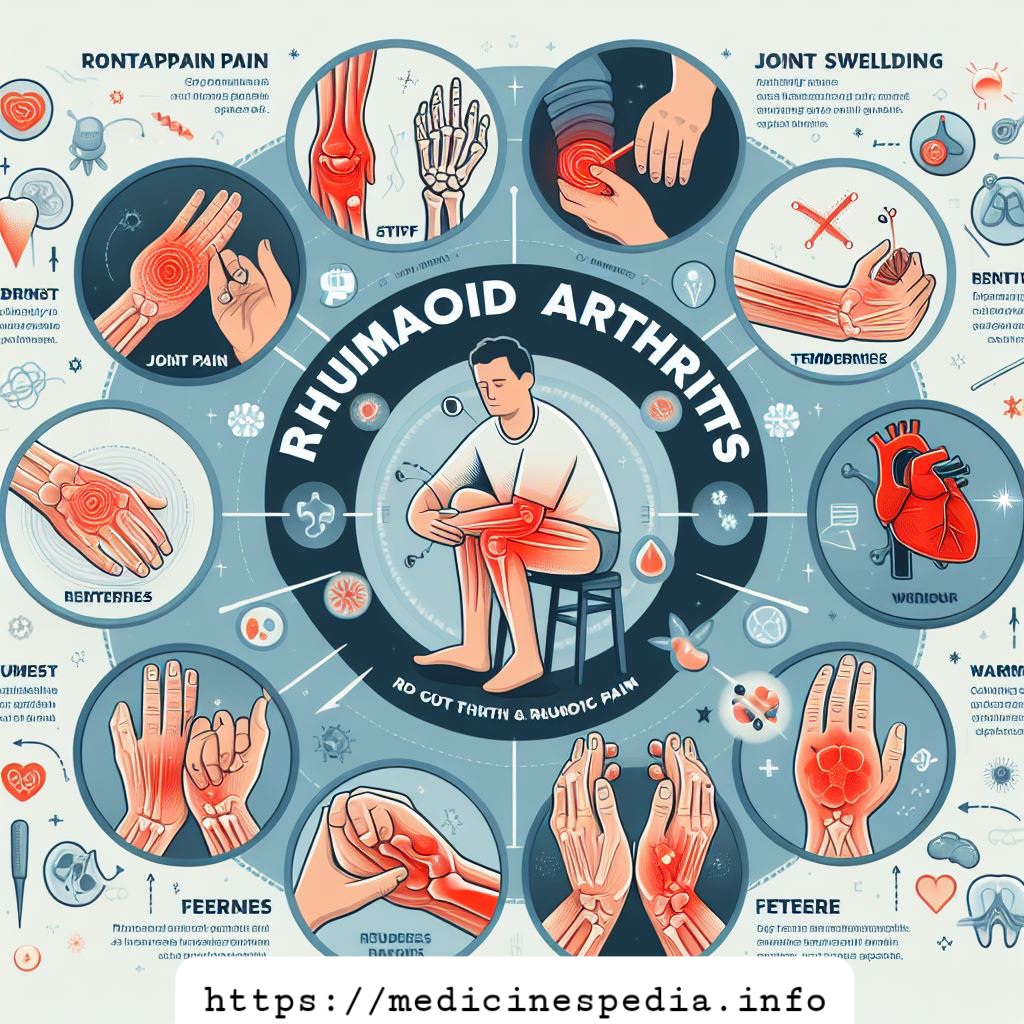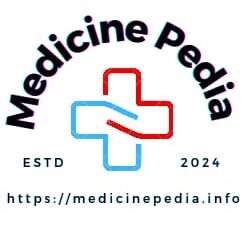Rheumatoid Arthritis: Understanding, Symptoms, and Treatments:
Rheumatoid arthritis is one of the prevalent conditions of today’s time. More than 350 million people suffer from arthritic conditions globally, according to the World Health Organization’s 2021 statistics. Up to 14 million people around the world have rheumatoid arthritis.

Understanding Arthritis
Arthritis does not refer to a particular disease; rather, it is an umbrella term referring to 100 types of joint pains or different pains in our body. The most commonly known arthritis’s are osteoarthritis and rheumatoid arthritis. Both of these are different. Osteoarthritis is a degenerative joint condition in which there is a degradation of cartilage between the joint bones. Rheumatoid arthritis is an autoimmune disease in which the body’s immune system, instead of protecting the body from attacking bacteria and viruses, attacks the synovial lining of the joint. This causes inflammation, resulting in swelling and pain in and around the joint. The inflammation thickens the synovium, which can eventually destroy the cartilage and bones within the joints. Rheumatoid arthritis usually affects the joints of fingers, hands, and feet, elbows, knees, and ankles. The joint effect is usually symmetrical, meaning if one side is affected, the other side also gets affected.
Causes of Rheumatoid Arthritis
The cause of rheumatoid arthritis is not yet fully understood. There can be various factors that lead to this disease, including genetic predisposition, infectious agents, female hormones, stress, environmental factors, occupational exposure, and obesity.
Symptoms of Rheumatoid Arthritis

There can be various signs and symptoms that will indicate that a person has rheumatoid arthritis, such as joint pain, tenderness, swelling, or stiffness lasting for 6 weeks or longer. Morning stiffness for 30 minutes or longer, more than one joint affected, small joints affected first which may then progress to other joints, fatigue, loss of appetite, and a low-grade fever.
Treatment of Rheumatoid Arthritis
Presently, there is no permanent cure for rheumatoid arthritis, but treatment methods can help you cope with the condition much better. Treatment is usually focused on stopping inflammation, relieving symptoms, preventing joint and organ damage, improving physical function and overall well-being, and reducing long-term complications.
- Food: Have antioxidants such as vitamins A, C, and E, and selenium to reduce inflammation. Eat a lot of fibers to rescue inflammatory responses.
- Rest, Recreation, Activities: Rest is crucial to reduce inflammation and fatigue. Practice relaxation techniques and spend quality time with friends and family.
- Healthy Timetable and Routines: Follow a routine, especially with medication. Do stretching exercises and heat treatments.
- Process of Using Our Mind: Manage emotions by accepting the condition, managing stress, choosing happiness, and developing an attitude of gratitude.
By focusing on these pillars, you can manage rheumatoid arthritis effectively and live a happy life without allowing pain and suffering to control you.
